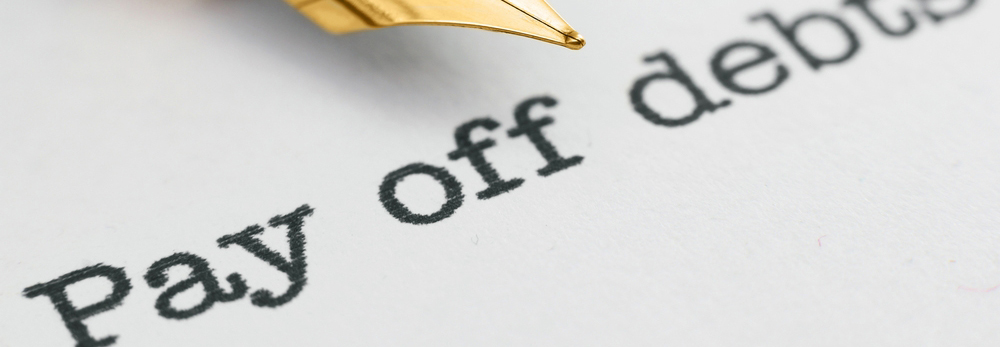

by eBridge author
Your credit score can make a huge difference in your home loan capabilities and payments, whether for purchase or refinancing. Your credit score is a key indicator of your financial health. It shows lenders how you use credit wisely. The better your credit score, the easier it will be to get new loans or credit lines. A better credit score can also help you get the best possible interest rates. There are some basic steps you may take to boost your credit score. It requires effort and time. Here’s how to improve your credit score.
1. Examine your credit reports first.
Knowing what might be working in your favor can help you boost your credit (or against you). That’s where a credit history check comes in handy.
Equifax, Experian, and TransUnion are the three major national credit agencies where you may get a copy of your credit report. You can do this once a year for free by visiting the official AnnualCreditReport.com website. Then look over each report to determine what is helping or hindering your overall score.
A history of on-time payments, low credit card balances, a variety of different credit card and loan accounts, older credit accounts, and minimal credit inquiries all contribute to a higher credit score. Credit score detractors include late or missing payments, excessive credit card balances, collections, and judgments.
2. Take Charge of Bill Payments
FICO credit scores are used by more than 90% of prominent lenders and are based on five basic factors:
- History of payments
- Credit utilization
- Credit accounts’ age
- Combination of credit
- Credit inquiries have increased
Payment history has the most impact on your credit score. That’s why it’s preferable to have paid-off obligations, such as old school loans, remain on your credit report. It works in your advantage if you pay your bills appropriately and on time.
Avoiding late payments at all costs is a straightforward approach to boost your credit score. Here are some pointers on how to go about it:
- Creating a paper or digital filing system for keeping track of monthly expenses.
- Set up due-date reminders so you know when a bill is due.
- Bill payments from your bank account can be automated.
Another alternative is to charge all (or as many) of your monthly bill payments to a credit card. To prevent interest costs, this plan implies that you will pay the balance in full each month. If you take this approach, you may find that it simplifies bill payments and improves your credit score by establishing a track record of on-time payments.
3. Limit Your New Credit Requests—and ‘Hard’ Inquiries
Inquiries into your credit history can be divided into two categories: “hard” and “soft” inquiries. You checking your own credit, allowing a possible employer to check your credit, checks made by financial institutions with which you already do business, and credit card firms examining your file to see if they want to send you preapproved credit offers are all examples of soft inquiries. Your credit score will not be affected by soft inquiries.
Hard inquiries, on the other hand, can have a negative impact on your credit score for anything from a few months to two years. Applications for a new credit card, a mortgage, an auto loan, or another type of new credit can all result in hard inquiries. The odd tough question is unlikely to have much of an impact. However, a large number of them in a short period of time can negatively impact your credit score. Banks may interpret this to suggest that you require funds due to financial issues, making you a higher risk. Avoid applying for new credit for a time if you’re trying to boost your credit score.



